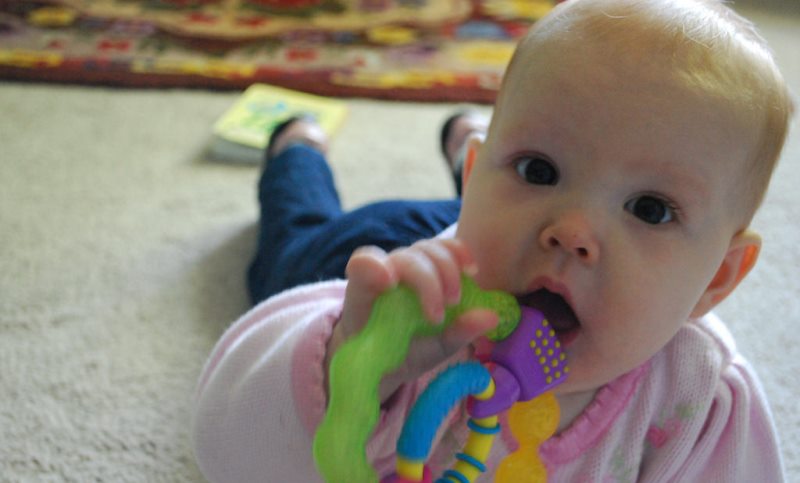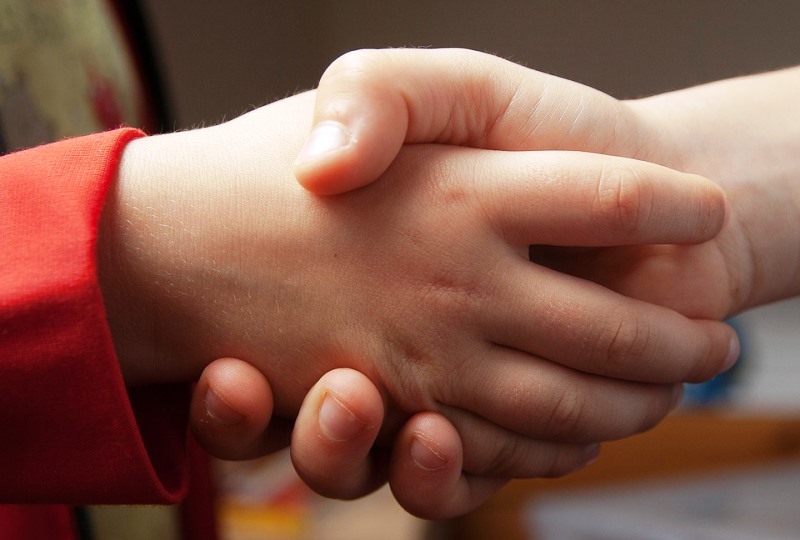In School of Life’s video titled, ‘The Book You Really Want To Read Next’, Alain de Botton explores our need to read our own story. While reading novels written by other people, Botton observes, “Immense effort and intelligence are being devoted to exploring the existence of a fictional individual. But at this point, an incidental yet rather major thought strikes us: no one, we realize, has ever looked at our life – our habits, our friends, our past, our dilemmas and problems – with such sustained curiosity or in such detail.” What we truly long for, is for somebody to settle the events of our life in clear chronological order, highlight nuances, prod into the psychoanalysis of daily events, and simply make sense of our ordeal. “We’re politely interested in the stories of others, but the story we really need to hear about is our own.” And, that is why the practice of Journal-ing, is crucial to our mental health.
Here’s what PsychCentral had to say about the art of journaling:
“Contrary to popular belief, our forefathers (and mothers) did know a thing or two. There is increasing evidence to support the notion that journaling has a positive impact on physical well-being. University of Texas at Austin psychologist and researcher James Pennebaker contends that regular journaling strengthens immune cells, called T-lymphocytes. Other research indicates that journaling decreases the symptoms of asthma and rheumatoid arthritis. Pennebaker believes that writing about stressful events helps you come to terms with them, acting as a stress management tool, thus reducing the impact of these stressors on your physical health.”
Acceptance helps us solve problems much better. When we pen down our woes and worries on paper, or type them on a bright screen, we acknowledge the reality that surrounds us. In our fast, and rather busy lives, we barely give ourselves a moment to register whatever is happening to or within us. The practice of journaling can extensively help in remedying that.
Suggested read: From The Diary Of A Serial Monogamist
In fact, the art of journaling is also great for problem solving. In times of great distress, a multitude of thoughts shoot in and out of my mind. I only register about ten percent of them, but that is horrifying too. Since I had journaled all throughout my childhood and adolescence, I can mental journal now. That is, when I have a thought, I close my eyes, and pretend to be jotting it down on paper. This has proven to be beyond helpful, because it helps me understand the line of thought much, much better. Once you understand the line that your thought is taking, it is easier to reason with it.
For example, my mind tells me that my plant will die. It is an irrational fear. While I know that, my mind refuses to listen. When I write down the same worry, I have more space to work out my response. I can write paragraphs on why it is irrational. “I water them regularly, give them enough sunlight, and if, despite my best care, they die, then I will have to accept what is beyond my control.” Every word after ‘sunlight’ came to me as I was writing it.
The art of ournaling helps you know yourself much better. As you dump a barrage of information onto the pages, your filter wears out. This is you at your rawest. In fact, I prefer physical journals instead of digital ones, because it prevents me from updating or editing my emotion. A lot of times, while reading previous entries, I feel horrified at the kind of things that I have said. There is always a desperate desire to change the past, and rewrite how we felt about certain things. However, doing that takes away the honesty from the account. I am glad that my Class 6 journal still has “I <3 Hannah Montana” written all over it. My Class 7 diary has some very mushy letters to Joe Jonas. I have kept them all, because it constantly reminds me of my humanity, and where I come from- Disney.
The stack of journals which I hide in the secret corner of my cupboard, are both embarrassing and precious at the same time. They are crucial pieces of evidence that help me put the timeline of my life together. For all the years that I religiously maintained a journal, I did it for the sake of it, because it was cool to do so. Now, when I shuffle through its pages, it recounts my own life’s story to me. It shows me my roots, and keeps me tethered. If, by the grace of whatever power is watching over us, I can one day be super successful, then my Journals will be why I remain modest. For a girl who covered her diary with pink hearts, kangaroo stickers, and had an elaborate crush on her karate instructor, it is difficult to think of one’s self has holier than everybody else.
Suggested read: This World Mental Health Day Talk To Your Loved Ones About Your Anxiety
A common practice that I have noticed among multiple people, is “bathroom arguments”. When we cannot resolve an issue to our satisfaction, we often then to carry that in our head, serving quips to imaginary enemies as and when we come up with them. I have won several fights this way, locked up for hours in my washroom. Writing a journal lets you settle conflicts in a rather similar fashion. Instead of carrying that battle in your mind for hours on end, penning it down helps you come to a firm resolution. My diary has heard my screaming fests more than my own parents. In fact, there have been several pages that I have just stuck my pen through, and they exist as a strong statement in themselves.
My greatest problem in taking others into confidence, is the issue of trust and privacy. I often feel like I am costing somebody more emotional labour than I am entitled to. This leads me to bottle things up until my head blows. A Journal is all ears for you. The whole purpose of its existence is to be your listener. If you are worried about privacy, then you may employ stealth ninja skills while hiding the diary, or just buy ones that come with a lock and key. Heads up if you are going with the latter: the locks are extremely tardy, and very easy to pick. Alternatively, you could write a threat on the first page of the diary. Something along the lines of, “Hey, if you’re reading this without my permission, then I will be very angry with you.” Try it. It never works, but try it, all the same.
Contrary to common opinion, you do not have to Journal everyday if you don’t want to. I simply suggest that one should get into the habit of it, or just be introduced to it. In most cases, that is all it takes for one to get hooked. Once you experience the calmness that journaling affords, you will not want to be without it. However, the pressure of being made to write every day, as though it was a mandatory school homework, can achieve quite the opposite effect. So, if you feel like you require the outlet only once a week, go ahead with it. There are no hard and fast rules in the domain of cathartic exercises.
If you are into art, then you could infuse that into your diary. It could also serve as a scrapbook for your memories. I have been in the habit of saving parts of precious presents or events, in any tangible format I can find. These include ticket stubs, small pieces cut out from a wrapping paper that had been used to wrap something I hold precious, deflated balloons, parts of birthday candles, pieces of string, et al. It helps me hoard bits of good times, and feel constantly in touch with happy memories.
I often encounter the question, “But what is the point? My life is not even that full. How am I going to fill an entire page with the events of the day? Won’t it get monotonous to record the same trajectory of events every day? Or do I only write when something interesting happens to me?” The answer is: You do whatever you feel like. Writing a Journal is not presenting your biography to an audience. ‘President Kimball Speaks Out On Personal Journals’ has a portion that reads, “People often use the excuse that their lives are uneventful and nobody would be interested in what they have done. But I promise you that if you will keep your journals and records, they will indeed be a source of great inspiration to your families, to your children, your grandchildren, and others, on through the generations. Each of us is important to those who are near and dear to us—and as our posterity read of our life’s experiences, they, too, will come to know and love us. And in that glorious day when our families are together in the eternities, we will already be acquainted.”
Suggested read: Learn The Art Of Complimenting And Make Someone’s Day
You are important, you are necessary, and your life matters.













